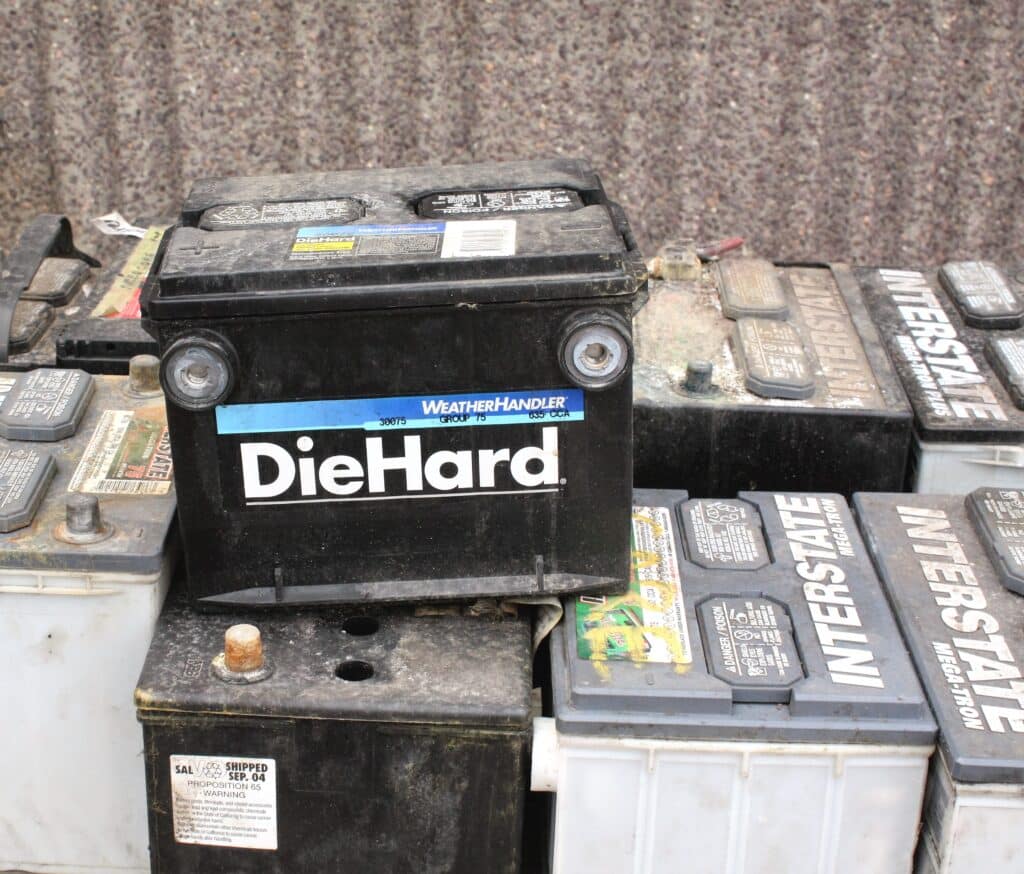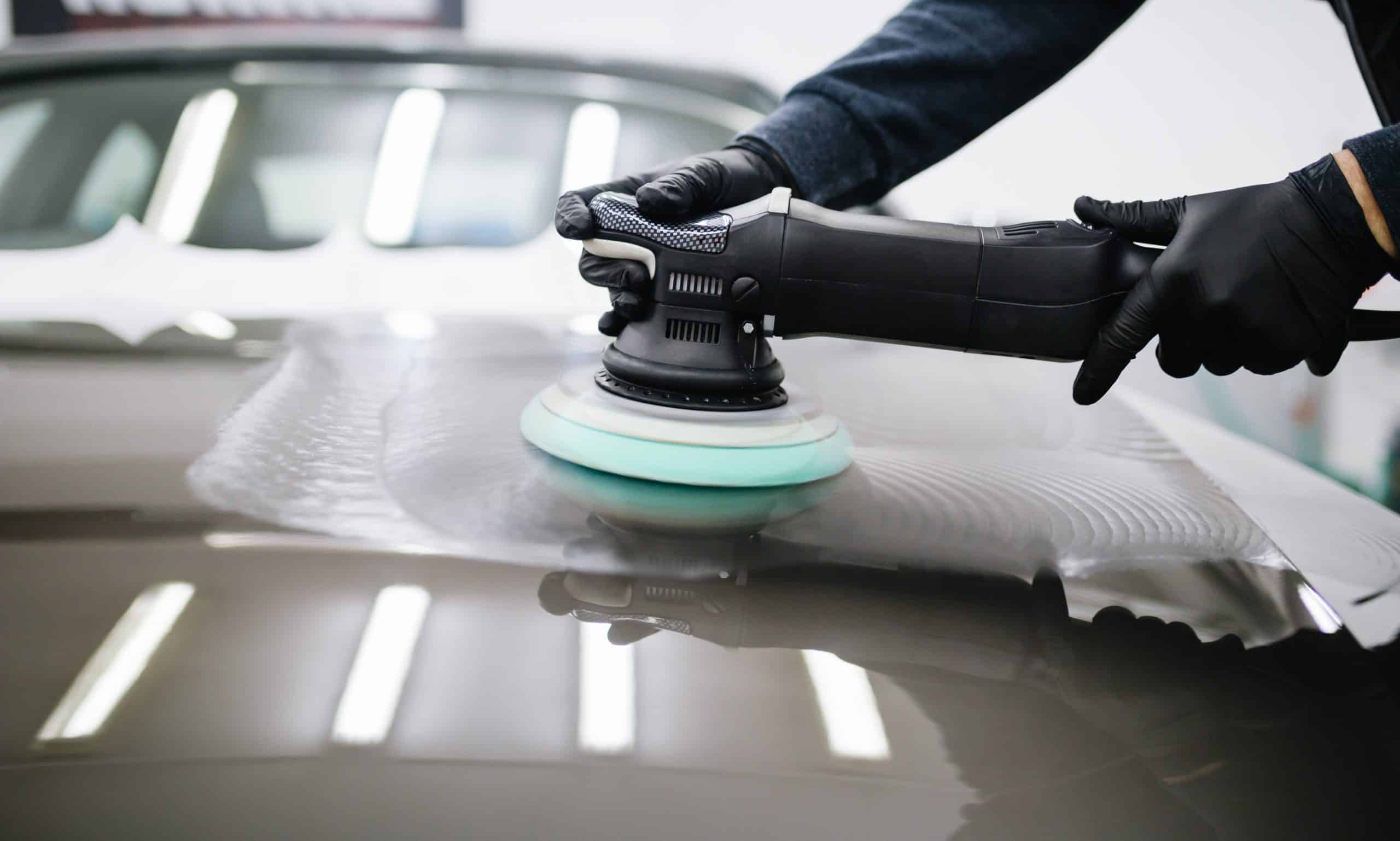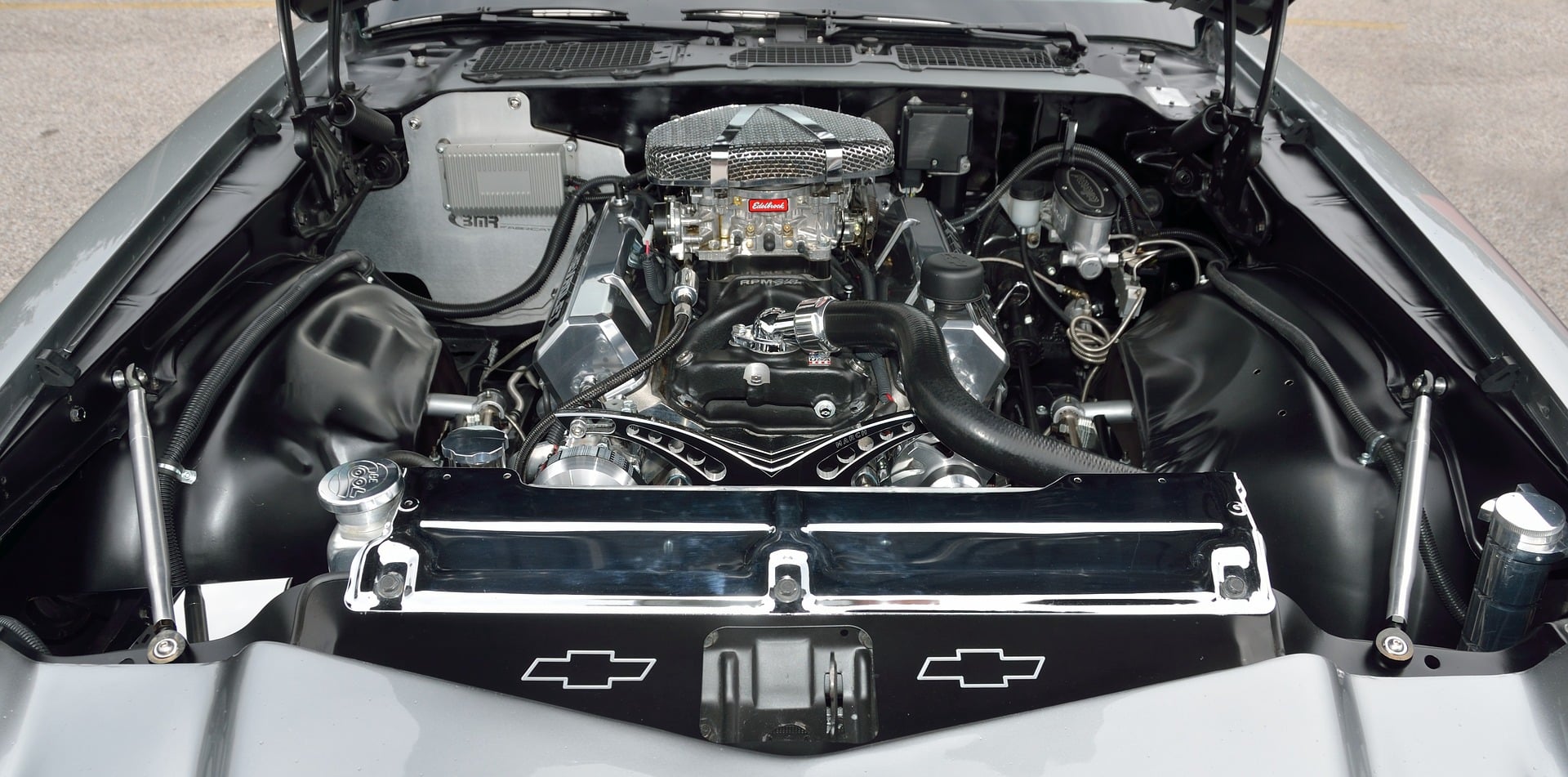Discover the eco-friendly way to dispose of car batteries and ensure responsible recycling in our comprehensive guide.

Car batteries are essential for powering our vehicles, but they also require careful handling when it’s time for disposal. These batteries contain hazardous materials like lead and sulfuric acid, which can be harmful to the environment if not properly managed. In this guide, we’ll explore the importance of responsible car battery disposal and provide a step-by-step process for safely recycling them.
Why Proper Car Battery Disposal Matters
Car batteries, typically lead-acid batteries, are not your average household waste. They contain materials that can be toxic and harmful if not handled correctly. Here’s why proper disposal is crucial:
1. Environmental Impact:
Lead, a key component of car batteries, is toxic to both humans and wildlife. When improperly disposed of, it can leach into the soil and water, contaminating ecosystems.
2. Health Risks:
Lead exposure can lead to serious health problems, especially in children and pregnant women. Proper disposal minimizes the risk of lead exposure.
3. Recycling Opportunities:
Car batteries are recyclable, and recycling them conserves resources and reduces the need for raw materials in new batteries.
4. Legal Requirements:
Many jurisdictions have strict regulations governing the disposal of car batteries. Failure to comply can result in fines or penalties.
Now that we understand why proper disposal is essential, let’s explore how to responsibly recycle car batteries.
Step-by-Step Guide to Car Battery Disposal
1. Safety Precautions:
Safety should be your top priority when handling car batteries. Wear protective gear, including gloves and safety goggles, to prevent any contact with battery acid or lead. Battery fluid is actually sulphuric acid, which can cause serious chemical skin burns and eye injuries.
2. Disconnect the Battery:
If you’re removing the battery from a vehicle, ensure the engine is off and the key is out of the ignition. Disconnect the negative (black) terminal first, followed by the positive (red) terminal. Before disconnecting, you want to check your car owners manual for specific instructions like using a power supply to safeguard your car’s electronics and settings.
3. Remove the Battery:
After removing any brackets or bolts that secure the car battery, carefully lift the battery from the vehicle. Car batteries can be heavy, so use proper lifting techniques to avoid injury.
4. Inspect the Battery:
Examine the battery for any damage or cracks. Damaged batteries should be handled even more cautiously, as they may be leaking fluid. You want to wear proper protective gear when handling a damaged battery, because sulphuric acid can cause serious chemical burns and eye injury. It is also highly corrosive.
5. Store Temporarily:
If you can’t recycle the battery immediately, store it in a cool, well ventilated, dry place away from direct sunlight. Avoid storing it near flammable materials or near an open flame. Because the hydrogen gas and old battery emits is highly flammable and potentially explosive, you want to keep it away from any source of ignition or spark. Make sure it isn’t leaking. If it does leak, put it in an open, acid-resistant container like a metal tub for example.
6. Locate a Recycling Center:
Search online or contact your local recycling center or auto parts store to find a facility that accepts used car batteries. Most regions have dedicated recycling programs for these batteries.
7. Transport Safely:
When transporting the battery to the recycling center, secure it in an upright position to prevent spills. Place it in a sturdy box or container to avoid damage during transport. Make sure it isn’t leaking. If it does leak, transport it in an acid-resistant container like a metal tub for example.
8. Follow Recycling Center Guidelines:
When you arrive at the recycling center, follow their guidelines for dropping off car batteries. They may have specific instructions for unloading and handling the battery.
9. Exchange Programs:
Some retailers and recycling centers offer exchange programs where you can trade in your old car battery when purchasing a new one. This can make recycling more convenient. However, this convenience often comes at a price. Make sure to compare prices before making your purchase.
10. Receive a Receipt:
After dropping off the battery, ask for a receipt or certificate of recycling. This documentation can be important for environmental compliance and may even be required by law in some areas.
11. Dispose of Damaged Batteries:
If you have a damaged battery, such as one with visible cracks or leaks, inform the recycling center staff so they can handle it safely. Catch any spilled acid in an acid-proof receptacle and hand it over for proper disposal.
12. Educate Yourself:
Stay informed about local regulations and recycling options for car batteries. Regulations and recycling programs can vary by region, so it’s essential to be aware of the rules in your area.
Conclusion
Properly disposing of car batteries is not only a legal requirement but also an ethical and environmental responsibility. By following the steps outlined in this guide, you can ensure that your old car batteries are recycled safely, minimizing environmental impact and reducing health risks associated with hazardous materials. Recycling car batteries is a small yet significant contribution to a cleaner, healthier planet.
FAQs
Can I throw a car battery in the trash?
No, you should never throw a car battery in the trash. Car batteries contain hazardous materials, including lead and sulfuric acid, which can harm the environment and pose health risks. Proper recycling is essential and required by law.
Are there fees for recycling car batteries?
Recycling fees for car batteries vary by location and recycling facility. Some centers may charge a nominal fee for recycling, while others offer free recycling as part of exchange programs when purchasing a new battery. Some recycling facilities may even pay for your old car battery.
Can I recycle a dead car battery myself?
It’s best to take a dead car battery to a certified recycling center or retailer. They have the equipment and expertise to recycle batteries safely and responsibly. Trying to recycle a car battery yourself can be dangerous and poses serious health risks.
What happens to recycled car batteries?
Recycled car batteries are broken down into their component parts. The lead is melted down and used to make new batteries, while the plastic components are recycled for other purposes. The acid can be neutralized and treated before being disposed of safely.
Are there alternatives to lead-acid car batteries?
Yes, there are alternative battery technologies, such as lithium-ion batteries, used in some electric and hybrid vehicles. These batteries have different recycling processes and should also be disposed of responsibly.
Where to dispose of car batteries?
Car batteries should be disposed of at certified recycling centers, auto parts stores, or retailers that accept used batteries. Many regions have dedicated recycling programs for car batteries, and you can often find the nearest disposal location online or by contacting your local authorities. Never throw a car battery in the trash or dump it in the environment; always opt for responsible recycling.







